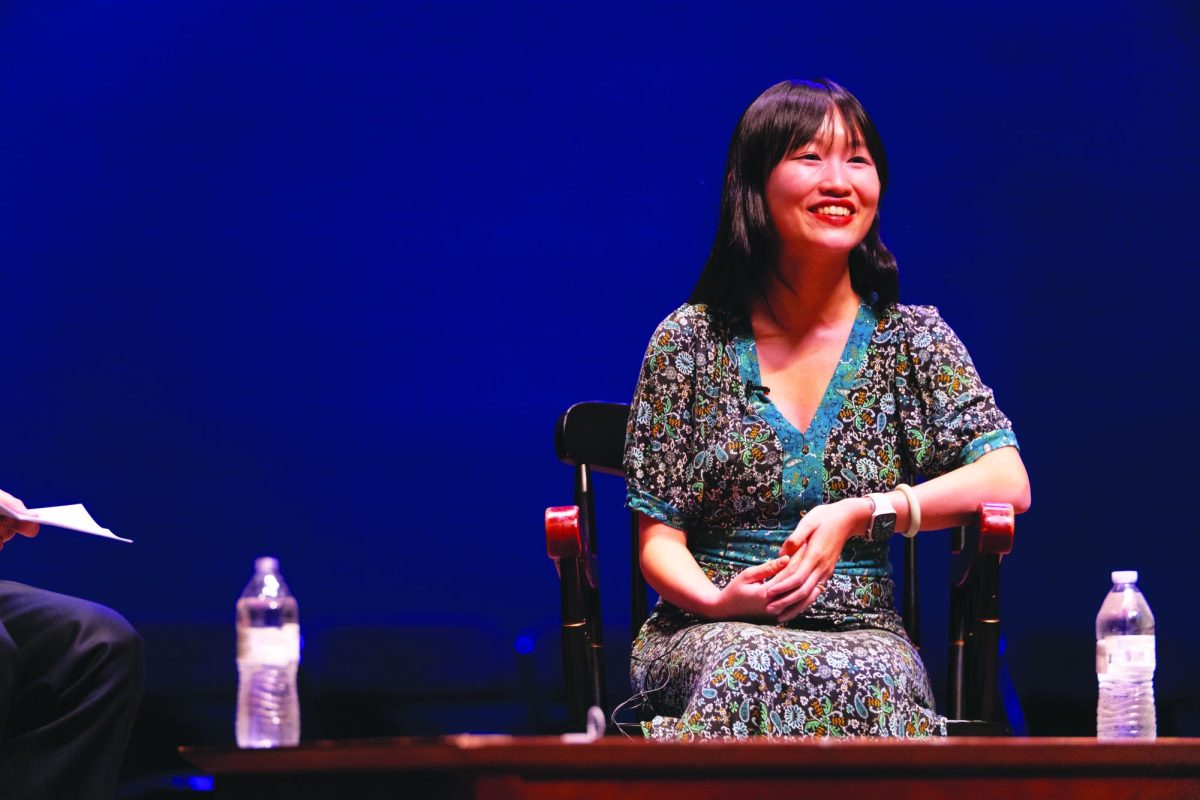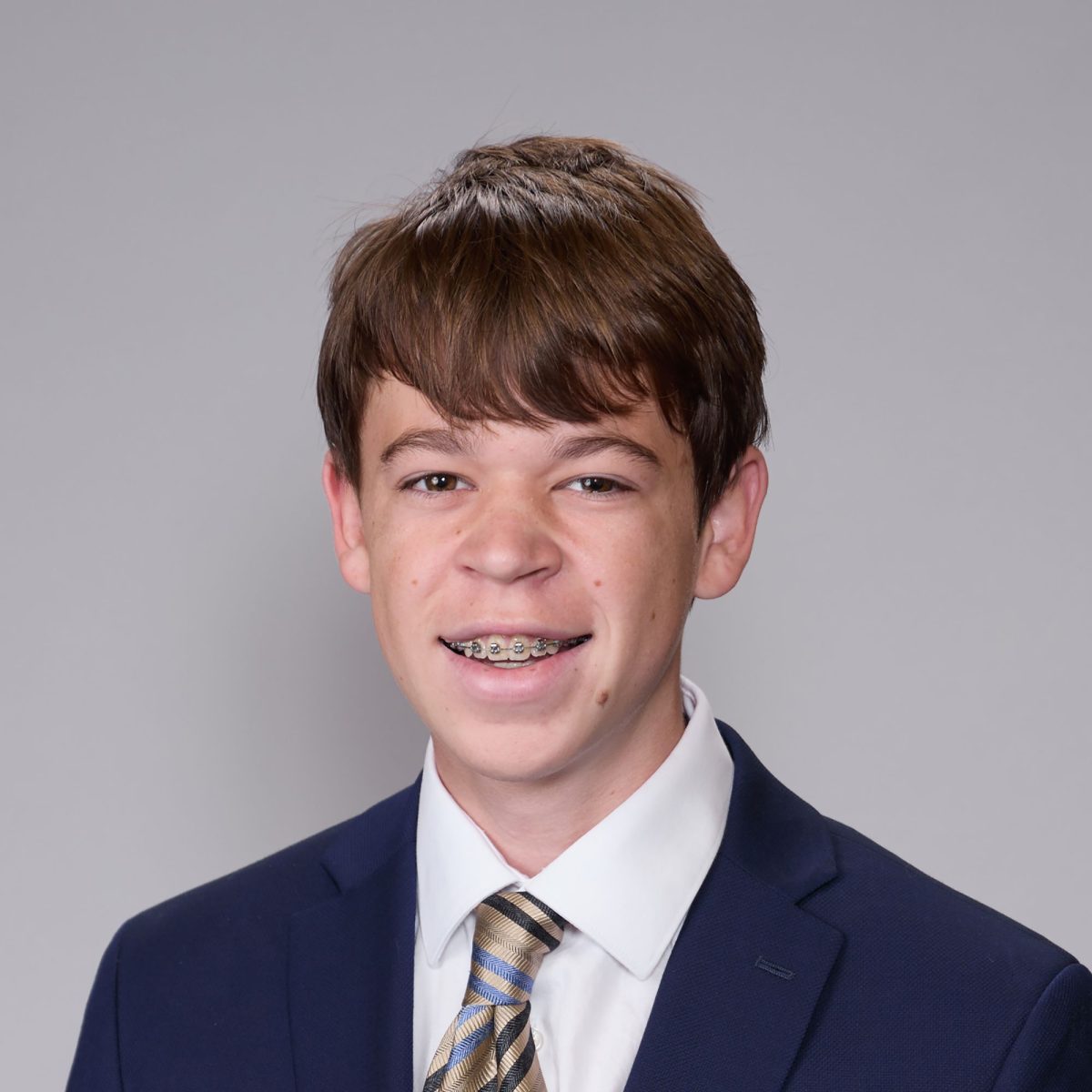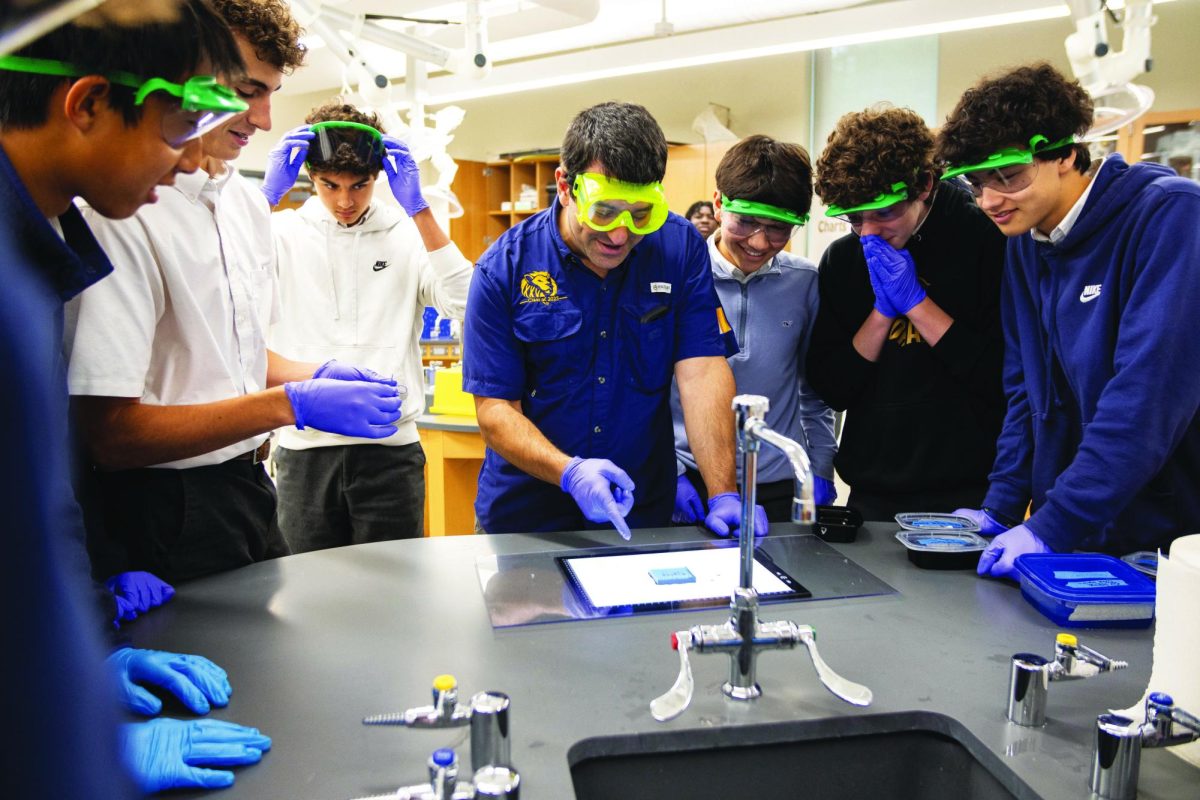At 19-years-old, Rebecca F. Kuang didn’t know exactly what she wanted to do with her life. She loved debate—she was taking a gap year to teach highschoolers in China—but after declaring her major in Chinese Studies, she felt a little lost.
In her apartment located in a historic district of Beijing, Kuang was surrounded by old temples and shrines. Food and people. Traditions. There was a flood of raw culture that she was never able to appreciate when she lived in Dallas. She’d never spent more than mere weeks in China when she was younger, but right now, it had never felt more like home.
For the next year, she wouldn’t have exams to study for or essays to type up. If she was going to take a chance, the best time was now. Inspired by her environment, Kuang took a leap. She pursued her dream of writing.
Born in Guangzhou, China, Kuang moved to Dallas at just 4 years old and attended Greenhill as one of the maybe two Asian girls in her grade. To get a weekly taste of her homeland, Kuang would drive up to Plano for piano lessons and Chinese school.
But over time, she grew out of touch with her heritage. The language barrier between Kuang and her grandparents slowly swelled, leaving her unable to listen to any of their anecdotes. By high school, Kuang realized she didn’t know where her family had come from. Didn’t know about traditions besides the obvious Chinese New Years celebration. Not even Chinese foods.
She felt disconnected from her culture.
Things began to change when she took the gap year to China after her sophomore year in college. Her Chinese got better, allowing her to converse with her grandparents and hear their stories and life lessons. She found out about her family’s origin and everything to know about Chinese traditions and foods.
For many years, she was relatively isolated as an Asian-American student. But it made her later experience in China all the more impactful.
“It was delightful; it felt like a real homecoming,” Kuang said. “I think my journey towards learning about myself as a Chinese-American was just my journey towards learning to be a novelist.”
Kuang’s love for writing wasn’t born in an English class or at a bookstore; it came from home. She had been writing since she learned how to piece sentences together, composing simple primary books and fan fiction to satisfy her desire to create.
“I was always just writing something to entertain myself and my siblings,” Kuang said. “I actually was in charge of teaching my sister how to read, so I would write these primers with very short sentences based on the vowel-consonant combinations that she just learned, like ‘the cat jumps over the bat.’”
Despite Kuang’s love for writing, it didn’t immediately appear as an option for her career. Stereotypically, in Chinese-American households, more emphasis is placed on STEM rather than creative arts.
Pursue a financially secure job. People like me don’t train as novelists. And she was being realistic. Kuang didn’t have many role models—successful Asian writers—to look up to.
“I think every Chinese parent’s nightmare is for their kid to say, ‘I want to be an actor’ or ‘I want to be a DJ,’” Kuang said. “I didn’t dare imagine I could major in English—majoring in English was for other people who could afford to.”
But surprisingly, her parents were her biggest supporters, persuading her to make her dream of writing into a reality. Kuang’s father nurtured her love for classic literary works, feeding her George Orwell and Jane Austen novels when she was too young to even understand what she was reading.
With the learning of her Chinese heritage and the adamant support from her father, Kuang found herself writing a rough draft of her first novel, The Poppy War. As she went through the repetitive process of writing, revising and repeating, Kuang would send her father just one chapter at a time.
“My dad would text me, ‘Wow, this is so exciting. I want to read more. Please send me another chapter.’” Kuang said. “That gave me the motivation to keep writing all the way to the finish.”
After completing the novel, the only thing left to do was try to get it published. Kuang sent it out to literary agents, and before she knew it, her agent was sending the manuscript to editors. On the day of her 20th birthday, Kuang got a call from an editor from HarperCollins. They wanted to publish The Poppy War.
And though it started as an amateur work, its success showed her just how capable she was as an author. The Poppy War garnered unprecedented attention. Her unexpected success made her popularity skyrocket, selling millions of copies and winning several major awards.
In the following two years, Kuang published another two novels, completing her trilogy and setting the foundation for her future career as an author. Kuang is now pursuing a PhD at Yale University and is scheduled to publish her sixth book, Katabasis, in August 2025.
And as she looks back on what else made her such a successful writer, she thinks about her upbringing in Dallas and how its unique circumstances enabled her to gain unique perspectives and abilities.
“When I was growing up, I felt perpetually on the outside,” Kuang said. “I think being on the outside is a good place to be. It makes you observant—I feel like I notice things that people don’t, and it just led to more observations about my surroundings. That has been a very powerful tool as a writer.”






